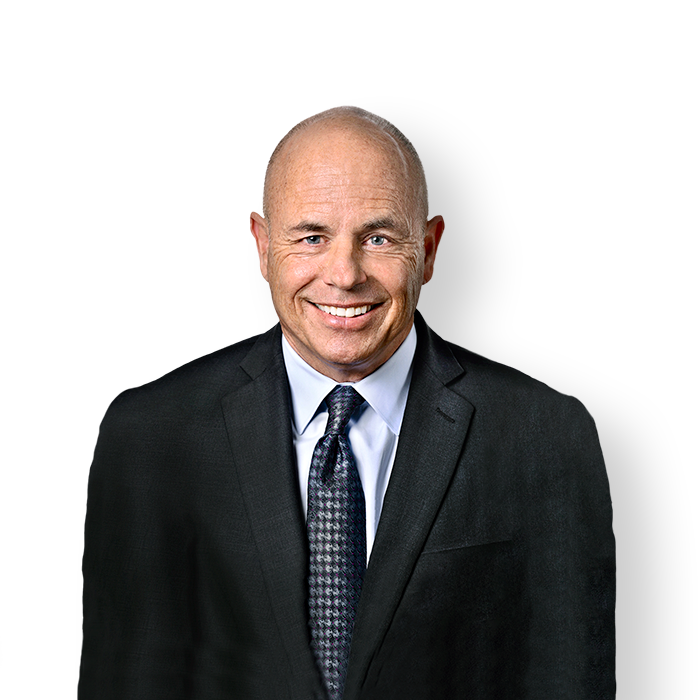MOB Leases With Unusual Terms Withstand Appraiser Whistleblower Claims

On July 31st, the Eleventh Circuit upheld the Southern District of Florida’s decision to toss a whistleblower’s qui tam claims alleging that HCA violated the False Claims Act. (See Bingham v. HCA, Inc., Case No. 1:13-cv-23671 (11th Cir. 2019)). The Relator, Thomas Bingham, alleged HCA violated the federal Anti-Kickback Statute, 42 U.S.C. §1320a-7b(b) (AKS) and the federal Stark law, 42 U.S.C. §1395nn(a) (Stark) by entering into what he characterized as sweetheart leasing deals for doctors in medical office buildings at HCA’s Centerpoint Medical Center in Independence, Missouri, and Aventura Hospital in Aventura, Florida, in order to induce referrals to HCA. While the leases involved some rather unusual lease terms, including Cash Flow Participation Agreements (CFPA’s) that entitled any physician tenant who signed a 10-year lease term to a pro-rata share of the property’s operating cash flow (including sale proceeds), the Centerpoint lease was nevertheless determined to be fair market value. The Aventura action was dismissed, so there was no determination respecting fair market value of the Aventura leases.
By way of background, Centerpoint Medical Center was developed through a third party developer that ground leased the property from HCA. The developer then leased out space in the MOB to physicians. The Relator alleged that HCA paid the developer improper subsidies, through an arrangement involving parking facilities at the MOB, and claimed the developer passed these subsidies on to physician tenants through payments under the CFPAs, low initial lease rates, restricted use waivers and free office improvements, to induce physician referrals to HCA. However, independent third party valuations received by HCA concluded that, even when taking account of the CFPAs, parking and other lease terms, the terms were consistent with fair market value. The Adventura MOB was developed using a similar third party developer structure, including CFPAs with physician tenants, and the Relator alleged HCA provided direct remuneration to referring physician tenants, including free parking and below market rents. The Court found insufficient evidence and upheld summary judgment on the Centerpoint claims in favor of HCA, and dismissed the Adventura claims on procedural grounds.
The Centerpoint decision is notable because the Court focused on the Relator’s failure to establish improper remuneration under the AKS, by failing to show the leases were not fair market. The court stated that the “value of a benefit can only be quantified by reference to its fair market value.” So, notwithstanding that HCA would need to establish fair market value in order to meet the AKS safe harbor, the Relator was first required to establish the leases were not fair market value, in order to establish improper remuneration. Although the lease terms, including the CFPAs, were unusual, the court pointed to the fair market rental range in the valuations, and the valuation conclusions that the rental rates, even when taking into account the terms such as the CFPAs, were within the fair market range established by the valuations at the time the parties entered into the leases. The court also found the Relator failed to provide sufficient facts to support its allegation that HCA made free improvements to certain physician offices and improperly gave certain tenants restricted use waivers.
As for the Stark claim, since the ground lessee developer enter into the MOB space leases with the physician tenants (hence no direct leases between the physicians and HCA), and there was no basis in the record to show that compensation received by the referring physicians varied with or took into account the volume or value of referrals or other business generated by the referring physicians, the leases did not constitute an “indirect compensation arrangement” within the meaning of Stark. The Relator therefore failed to demonstrate any financial relationship between HCA and the physician tenants that violated Stark.
One has to wonder whether a different result would have been reached if HCA had not obtained the valuation showing that the benefits of those unusual lease provisions did not tip the scales beyond the fair market range. While valuations are no guaranty against AKS (or Stark) liability, they take on even greater import when entering into leases with such atypical terms.
Although there was no ruling on the merits with respect to the Adventura claims (they were dismissed due to failure to state a claim under the FCA), that decision was also notable in that it reinforced the purpose of the higher pleading standard of Rule 9(b) to ensure that the FCA’s strong financial incentives do not “precipitate the filing of frivolous suits” by allowing Relator’s to “file suit as a pretext to uncover unknown wrongs.” The Relator impermissibly used information learned from discovery to supplement its FCA allegations in order to meet the higher pleading standard of Rule 9(b), and without the additional information the Relator’s second amended complaint did not meet that heightened pleading standard and was dismissed.
Finally, it is worth noting that the Relator in this case, Thomas Bingham, was an appraiser with the real estate firm that HCA engaged to provide the valuation, and the same relator in prior suits against health systems alleging similar claims. The case therefore serves as a reminder of the continuing threat of appraiser whistleblowers.
You can find the complete Eleventh Circuit opinion here.
If you have questions about this case, healthcare real estate matters, or False Claims Act cases more generally, please contact Pat Hooper, Sandi Krul or Gary Torrell in our Los Angeles office, Ryan Cuthbertson or David Schumacher in our Boston office, Joe LaMagna in our San Diego office, Jordan Kearney in our San Francisco office or your regular Hooper, Lundy & Bookman contact.





